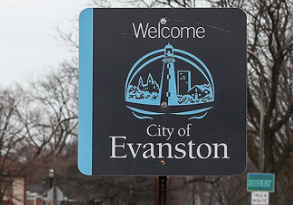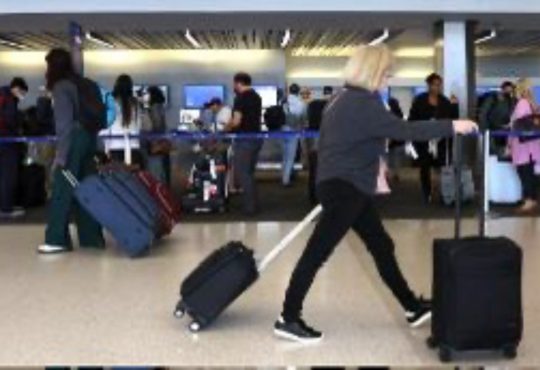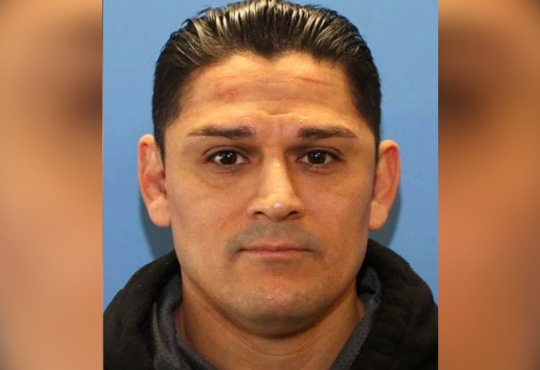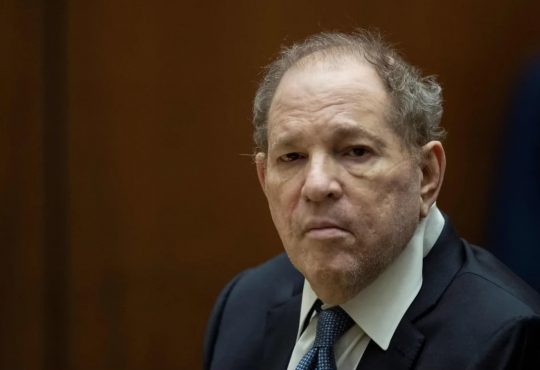
Evanston, Illinois, has become the first city in the United States to make reparations available to its African American residents for past discrimination and the long-lasting effects of slavery.
The Evanston City Council voted 8-1 to begin distributing $400,000 to eligible African American households. Added to that, qualifying households will receive $250,000 for home repairs or down payments on property.
The program is said to be funded through donations and revenue from a 3% tax on the sale of recreational marijuana. The city has also pledged to distribute upwards of $10 million dollars over a time span of 10 years.
Alderman Rue Simmons announced pro-reparations groups has offered pro-bono legal assistance if the program is challenged in court.
“This is set aside for an injured community that happens to be Black, that we injured by the city of Evanston for anti-Black housing policies,” Simmons stated.
However, Alderman Cicely Fleming stands alone while being against the program. Fleming said she supports reparations, but the city council is turning what is called a “housing plan” into reparations. She mentions the community should have a say in the terms of how their grievances should be repaired. Fleming says the program is paternalistic, sending a message to the Black community that they can’t manage their own money.
Hundreds of organizations and communities across the nation are considering providing reparations to Black people. These communities range from as far as California to cities like Iowa City, Iowa, North Carolina, Asheville, North Carolina, Providence, Rhode Island, and Amherst, Massachusetts.
Also including religious denominations like the Episcopal Church, and colleges like Georgetown University located in Washington.
These efforts, which some has been underway for years, suddenly gained momentum after a Minneapolis police officer killed George Floyd last May. President Joe Biden has expressed his support for creating a federal commission to be able to study Black reparations, a proposal that has been on hold for decades within the Congress.







cialis without prescription cialis without a prescription
cheap generic cialis for sale cialis tadalafil
https://cialisusdc.com/ where to order tadalafil tablets
cheap generic cialis for sale cheap generic cialis for sale
lowest price cialis tadalafil order online no prescription
lowest price cialis generic cialis online fast shipping
side effects for tadalafil where to buy cialis without prescription